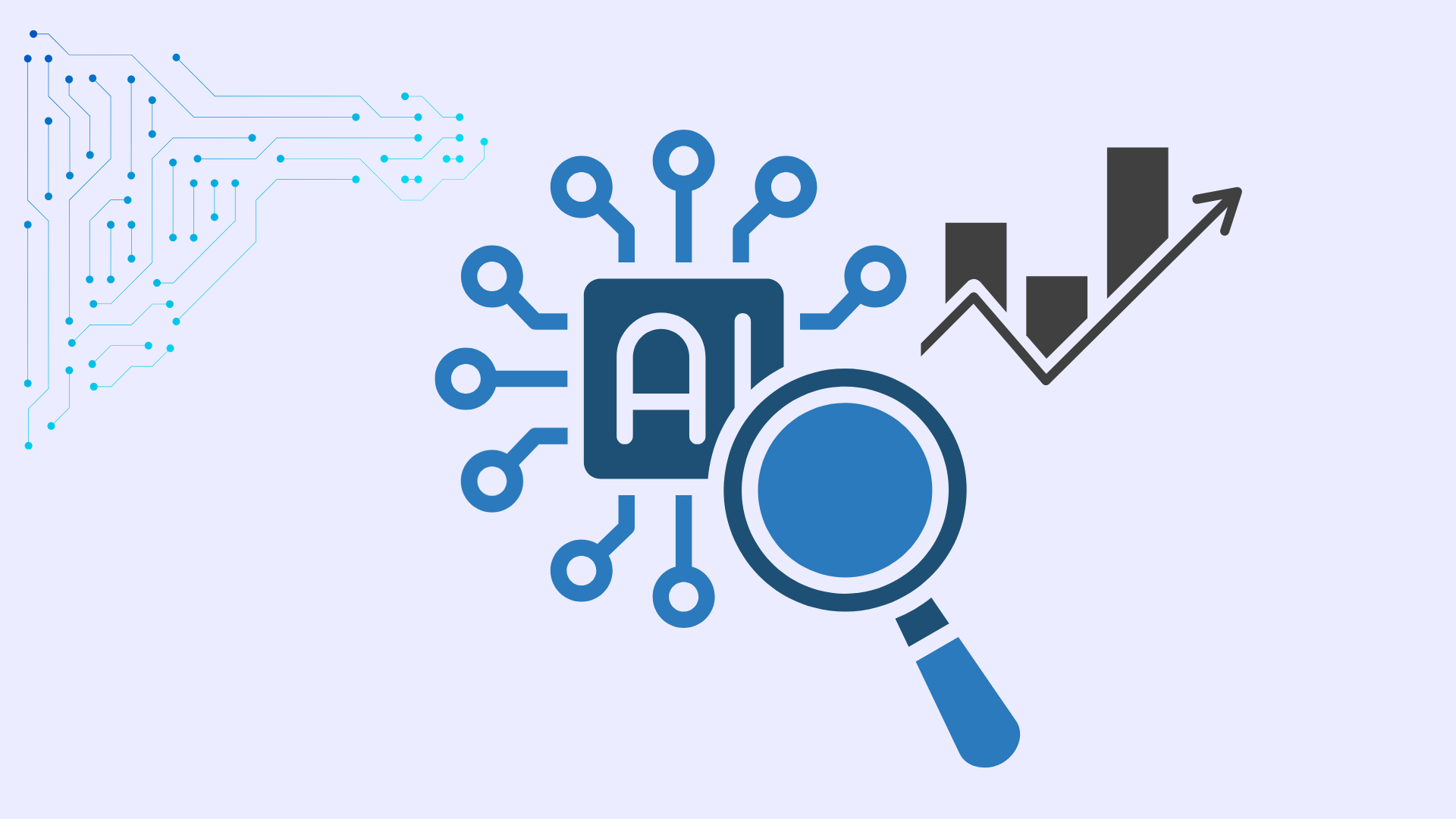E-Waste and the Dangers to the Environment

Someplace in your home you probably have a box of mingled cords and rotting batteries that belong to devices that don’t exist anymore. However, you have probably been told not to put your batteries or electronic parts in the garbage.
Batteries, along with most other items for which you don’t know their composition, are probably not good for the environment. Batteries are very toxic and made of mostly chemicals. Containing elements like lead and mercury⸺elements currently banned in Canada⸺batteries are very dangerous to our environment and ecosystems.
If batteries are disposed of in regular waste collection programs, they can break, dispelling dangerous chemicals into our waterways, soil and even atmosphere. Chemical leakage from batteries can also start fires.
Over the years, batteries and e-waste have accounted for numerous fires. The Toronto Fire Service reported over 50 fires caused by lithium-ion batteries last year alone.
In an effort to counteract the many dangerous outcomes of e-waste, the government and many companies continue to work towards encouraging the proper disposal of batteries. Instead of posing an environmental threat, batteries and other electronics can be extracted and reduced back into usable metals and substances that make fundamentals of other electronics⸺even TDSB chromebooks!
Not only is breaking down e-waste for more usable metals better for the environment by stopping fires and pollution, it also decreases emission and extraction usage. In obtaining metals from pre-loved batteries, we require less elements sourced from the ground thus producing fewer emissions.
So the next time your flashlight dies, or you have an extra cord lying around⸺save it for proper disposal and help keep our environment safe.
At Harbord last month, from October 21 to 25, the Harbord Eco Council ran a battery and cord drive outside the front office. During that week, which was also digital literacy week, there were several events to teach students about digital literacy and e-waste.
Help do your part in protecting the environment by recycling your batteries at Harbord whenever the Eco Council holds these e-waste collections.
About Harbord Tigertalk
Welcome to Tigertalk! Harbord Collegiate Institute's very own school newspaper. We bring school connection and student's voices to light through our monthly publications of literature, photography, reporting, interviews, art, and other mixed medias. Our small publication ranges from 10-15 members. Happy Reading!
Have A
Good Story?
Want to contribute to your favourite school
newspaper? Send in a quick contact form and we’ll get back to you as soon as we can!




